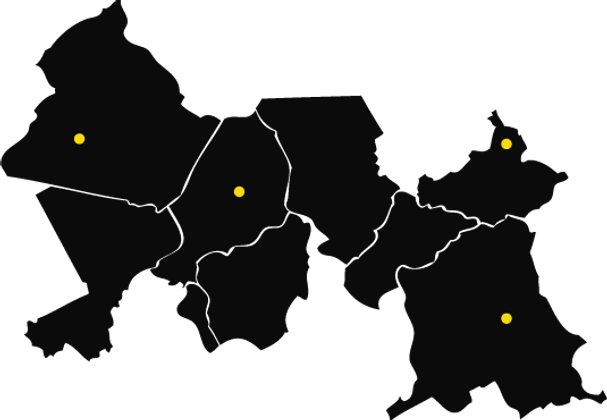
ABOUT VOICES OF MIGRANT FAMILIES: ADVOCACY HUB
Voices of Migrants is dedicated to sharing the stories and experiences of migrants from all around the world. Through this advocacy hub, we are committed to amplifying the voices of migrants and promoting diversity and inclusion. We value your feedback and are always looking to improve our platform to better serve the migrant community. Join our community to stay updated with the latest resources and stories from migrants worldwide. Your input and participation are essential in shaping the future of Voices of Migrants.
MEET THE FOUNDER

Dr. Shela Hirani is a globally recognized nursing professional and a passionate advocate for migrants affected by disaster and displacement. With extensive experience in humanitarian work, she has dedicated her career to supporting vulnerable populations and raising awareness about their challenges. Dr. Hirani has collaborated with various international organizations, contributing her expertise to develop effective policies and programs that address the needs of displaced individuals. Her commitment to social justice and human rights continues to inspire change and empower communities worldwide
Dr. Hirani's primary contribution to disaster-affected and displaced communities is her research and advocacy focused on maternal and child health, specifically highlighting the critical importance of proper breastfeeding practices during humanitarian emergencies. Through her work, she has influenced global policy and helped improve health practices for vulnerable mothers and babies.
Research on breastfeeding in disaster zones
-
Highlighted formula feeding risks during disasters: Dr Hirani's field research, which included a perilous 2018 trip to a disaster relief camp in Pakistan that experienced an earthquake, documented the dangerous consequences of distributing formula milk to displaced mothers. In disaster areas, clean water is often scarce, and formula prepared with contaminated water can lead to serious and fatal infections in infants.
-
Advocated for culturally-sensitive humanitarian aid: Her research revealed that providing formula often does more harm than good in relief camps. Based on these findings, she advocated for humanitarian agencies to shift their focus toward distributing nutritious food and hygiene kits to mothers, along with providing breastfeeding counselling and private breastfeeding tents.
-
Shaped global policy on care of marginalized women during disaster: Hirani's work has been cited by the World Health Organization (WHO) and influenced humanitarian aid organizations to improve their support programs for displaced mothers. Her research also contributed to knowledge development in nursing regarding "care of marginalized women during a disaster" and "breastfeeding during humanitarian emergencies".
-
Support for displaced families in Canada and beyond: Her research program, Breastfeeding Advocacy Research: Program, Practices, and Policies (BARPPP), specifically targets vulnerable populations within Canada, including refugees, immigrants, and those displaced by natural disasters.Identified cultural barriers: Hirani identified a lack of cultural competency in the healthcare system as a barrier to good maternal and child health outcomes. She has worked with healthcare and settlement organizations to improve practices for refugee and immigrant women, ensuring they receive culturally sensitive care and information. For example, she has highlighted the issue of new Canadians being offered formula samples, rather than receiving support for breastfeeding.
-
Developed open-access educational resources: To address these gaps, she has created training modules and videos for nurses and other health workers who care for immigrant and refugee women. She has also helped create breastfeeding-friendly policies and resources within Canadian post-secondary institutions, addressing the needs of students and staff who are also new immigrants.
-
Response to the COVID-19 pandemic: Provided breastfeeding guidance during COVID-19: During the pandemic, when mothers were especially vulnerable, Hirani developed a widely circulated resource to help mothers safely continue breastfeeding, even after a COVID-19 diagnosis. This was particularly important for displaced and marginalized families who faced increased risk and isolation during this time.
